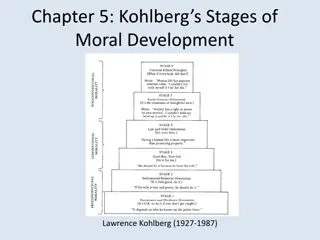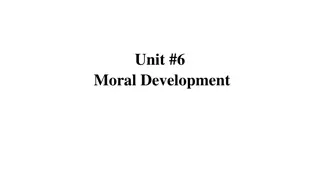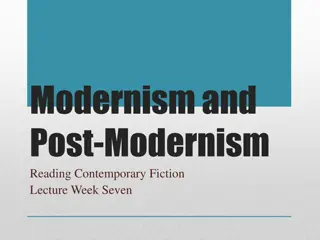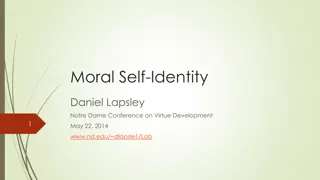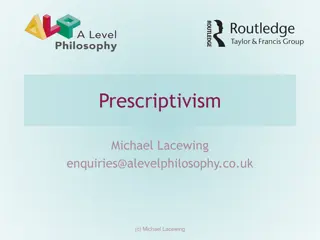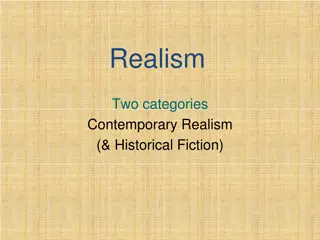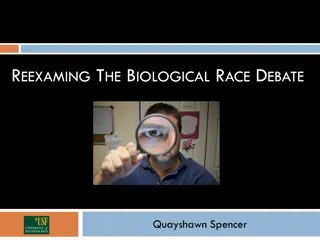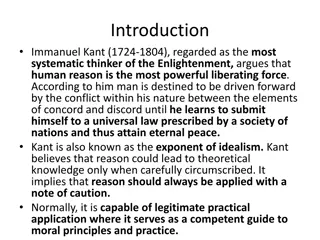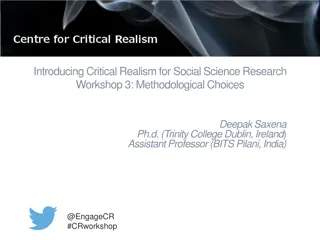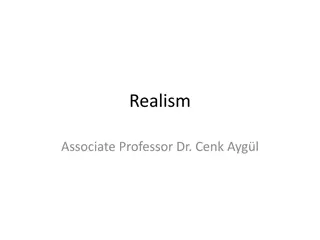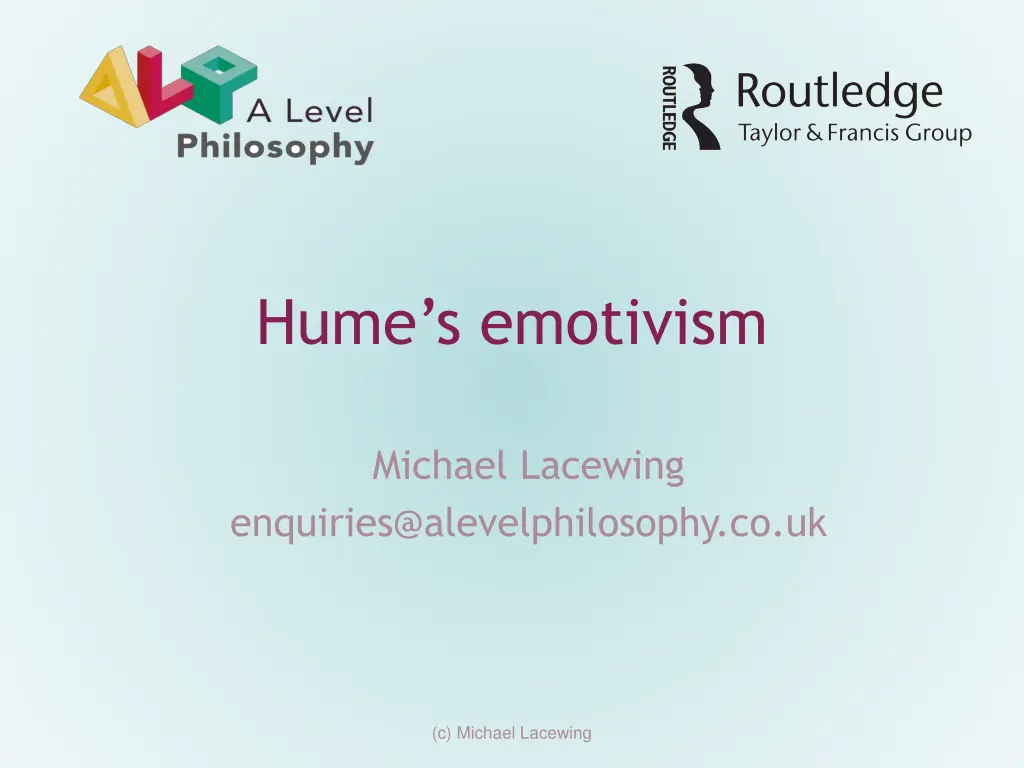
Understanding Hume's Ethical Philosophy
Explore David Hume's ethical theories including emotivism, cognitivism, moral realism, and the is-ought gap. Delve into discussions on whether moral judgments are based on reason or emotions, and how Hume challenges the relationship between facts and moral obligations.
Download Presentation

Please find below an Image/Link to download the presentation.
The content on the website is provided AS IS for your information and personal use only. It may not be sold, licensed, or shared on other websites without obtaining consent from the author. If you encounter any issues during the download, it is possible that the publisher has removed the file from their server.
You are allowed to download the files provided on this website for personal or commercial use, subject to the condition that they are used lawfully. All files are the property of their respective owners.
The content on the website is provided AS IS for your information and personal use only. It may not be sold, licensed, or shared on other websites without obtaining consent from the author.
E N D
Presentation Transcript
Humes emotivism Michael Lacewing enquiries@alevelphilosophy.co.uk (c) Michael Lacewing
Cognitivism and moral realism What are we doing when we make moral judgments? Cognitivism: moral judgments, e.g. Murder is wrong Aim to describe how the world is Can be true or false Express beliefs that the claim is true Realism: there are moral properties e.g. actions can have the property of being right Moral judgments are true if they correctly describe the moral properties of an action, situation, person (c) Michael Lacewing
Humes argument against cognitivism from motivation Moral judgements can motivate actions. Assumed Reason cannot motivate action. Therefore, moral judgements are not judgements of reason. (Cognitivism claims that moral judgements express beliefs, and reason is the faculty for forming beliefs.) (c) Michael Lacewing
Hume on reason Why think reason can t motivate? Judgments of reason are either relations of ideas or matters of fact, and either true or false Knowing about the world can direct our desires, but it doesn t make us want anything in the first place We are motivated by emotions and desires, which are not true or false (c) Michael Lacewing
One reply Moral judgments do not motivate us We must want to be morally good, too Therefore, moral judgments could be judgments of reason (c) Michael Lacewing
Humes is-ought gap Judgments of what ought to be are not judgments of what is How do we get from the fact that some action will cause pain to the claim that we shouldn t do it? [T]his ought (or ought not ) expresses some new relation or affirmation, it needs to be pointed out and explained; and a reason should be given for how this new relation can be inconceivably! a deduction from others that are entirely different from it (c) Michael Lacewing
Humes is-ought gap If cognitivism is true, then moral judgments are truths, and these can be inferred from other truths using arguments In our moral arguments, we use claims about what is as premises to infer how we should act This inference isn t possible there is a logical gap between is and ought So cognitivism isn t true (moral judgments don t make truth claims) (c) Michael Lacewing


